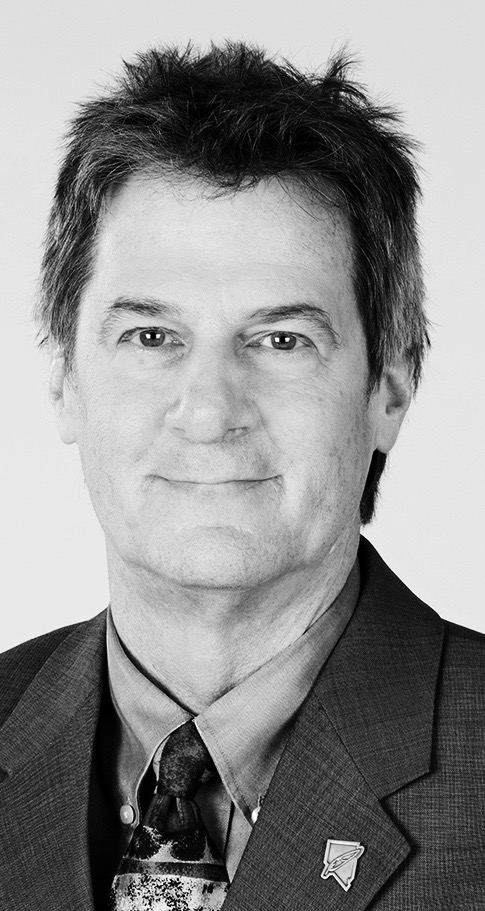“I hate newspapermen,” wrote William Tecumseh Sherman, whose scorched-earth march to the sea made him one of the Civil War’s most respected and despised military leaders. “They come into camp and pick up their camp rumors and print them as facts.
“I regard them as spies, which, in truth, they are. If I killed them all there would be news from Hell before breakfast.”
It’s good to remember, from time to time, that disparagement of the press was a fervent practice among politicians and prominent people long before President Trump declared us the enemy of the people.
And Sherman, much like Trump, I suspect, recognized that no matter what he said or did, there would be forthcoming a few dispatches from Hell to report, for better or worse, what had transpired overnight.
People take what they read personally — especially if it’s about them.
It was from a newspaper, for example, that Sherman learned of the death of an infant son, Charles, he had never seen. That alone would be enough to gin up some hate for an entire profession.
Drury’s first day
You may also recall the story of Wells Drury’s first day as a reporter on the Comstock, when an angry man named John Somers confronted him in the offices of the Gold Hill News over a story that had appeared in the newspaper, before Drury even began work there.
“You people have slandered me and I came to get an apology or get satisfaction,” Somers warned him.
Wells was spared a horsewhipping when he reached for a pistol and it discharged accidentally, scaring Somers out the door.
It’s fine to be skeptical — in fact, it’s something of a requirement in a democracy. You shouldn’t believe everything your read, or hear or see.
You shouldn’t blame your local weatherman when it rains, either. But if the weather report says it’s going to be sunny day after day, and it rains instead, you probably will find a different forecaster.
That’s pretty much how it works. If you’re consistently wrong, people eventually will stop listening to you.
I had to chuckle when I read that William Tecumseh Sherman had written his memoirs, then later published two more editions with “revisions and corrections.” It’s hard to get everything right the first time.
The question
The real question, for me, is who exactly we’re talking about when criticizing “the press” or “the media.”
Surely, you can’t lump all those people, from Winnemucca to Washington, D.C., together in some kind of vast conspiracy to get things wrong.
Is “the media” the high-school buddy who posted something on Facebook? Do you mean the president’s Twitter account, or the latest post from the Jackpot (Nevada) News? Do read both the Washington Post and the Washington Times? The Las Vegas Review-Journal and the Las Vegas Sun?
Ultimately, the press is a sprawling, disorganized, chaotic moment-by-moment fireworks-sparkler effort to capture history as it races past us. Trust is something we earn every day.
One more quote from Gen. Sherman: “I think I understand what military fame is: to be killed on the field of battle and have your name misspelled in the newspapers.”
We’ll work on getting the names spelled right. It gets harder after that.
 Nevada Press Association The best in Nevada journalism since 1924
Nevada Press Association The best in Nevada journalism since 1924
